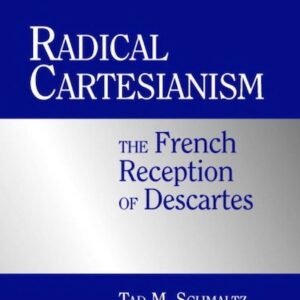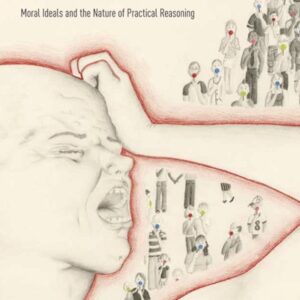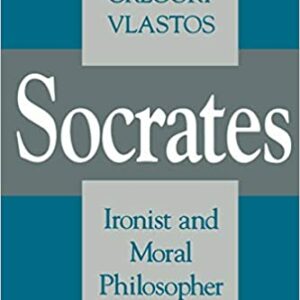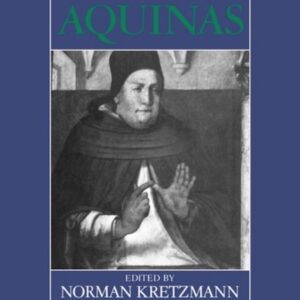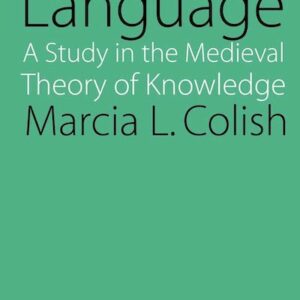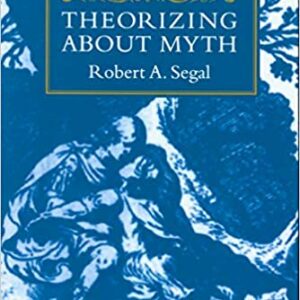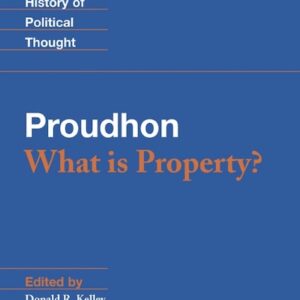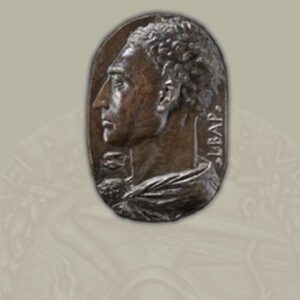
Living Well in Renaissance Italy: The Virtues of Humanism and the Irony of Leon Battista Alberti
By Timothy Kircher (NHC Fellow, 2007–08) This study evaluates the way Leon Battista Alberti (1404-1472) assessed humanist moral philosophy in Renaissance Italy. It helps us understand not only the allure of Renaissance humanism, but also its shortcomings, through the writings of a leading humanist of the time. Alberti’s writings employ irony in order to illustrate … Continued

